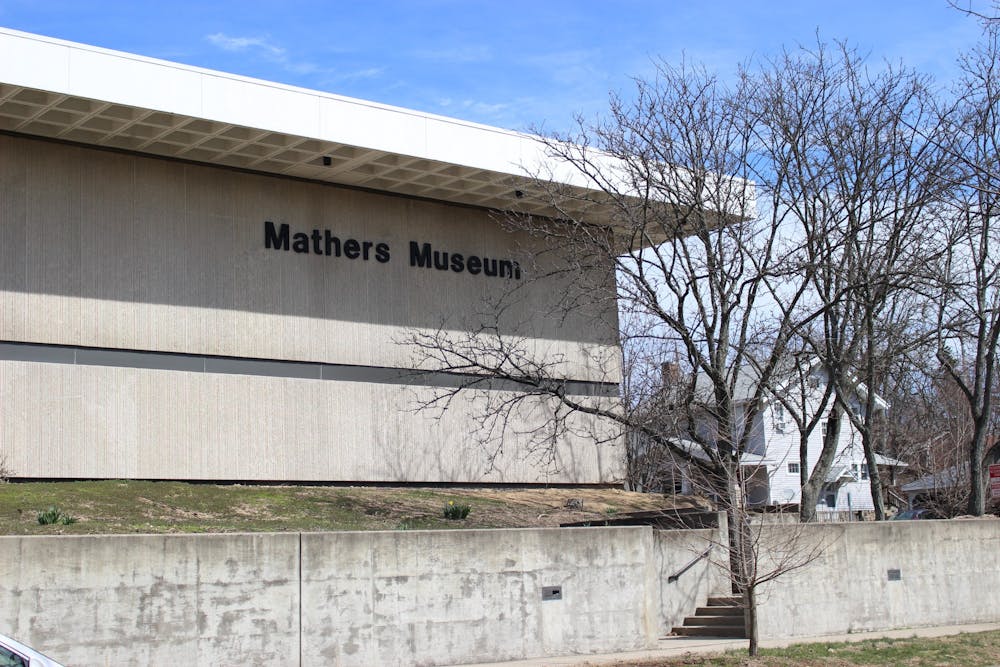IU Professor Rebecca Dirksen will lead a curator’s talk centered around a display of Haitian drums in the Mathers Museum of World Cultures at 4:30 p.m. Thursday. The event is free and open to the public.
“Inevitably, an exhibit has to simplify complicated stories, so one thing that a curator’s talk does is allow those who are interested to hear from the person whose knowledge is represented in the exhibit and ask questions to follow-up on things of special interest,” Mathers Museum Director Jason Baird Jackson said.
Dirksen studies ethnomusicology and has lived and worked in Haiti for around 16 years. She works across the spectrum of musical genres in Haiti.
“You can use these musical genres as a means to get at these really big human questions about what it means to live today on Earth in precarious circumstances,” Dirksen said.
The drums from the display provide music for sacred Vodou practices. Dirksen said real Vodou is very different than its often derogatory Hollywood portrayals. It is not just a religion, but a sacred way of life in Haiti. In her talk, Dirksen will discuss a variety of topics, including Vodou and deforestation, within the framework of the Haitian drums.
“It is really a meditation on the state of the environment through the human experiences of music and the sacred,” Dirksen said.
The sacred drums were crafted by master drum maker Charles Charlesine, who was extraordinarily significant in the Haitian cultural scene, Dirksen said. The presentation will honor Charlesine, who died in March 2019.
Dirksen said Charlesine observed increasingly extreme droughts and severe tropical storms in Haiti.
“He was very acutely aware of the increasing difficulty that he was having in terms of acquiring certain types of wood,” Dirksen said.
Mathers Museum Assistant Director Judith Kirk said the drums are made from particular sacred trees, which are in danger due to deforestation and extreme weather that accelerates the loss of trees.
“It’s showing how climate change is more than just melting icebergs,” Kirk said. “It’s about a loss, possibly, of divine practices.”
Dirsken said she hopes her talk will encourage people to view climate change through a more compassionate lens.
“These are real impacts that are affecting real people around the world,” Dirksen said.




